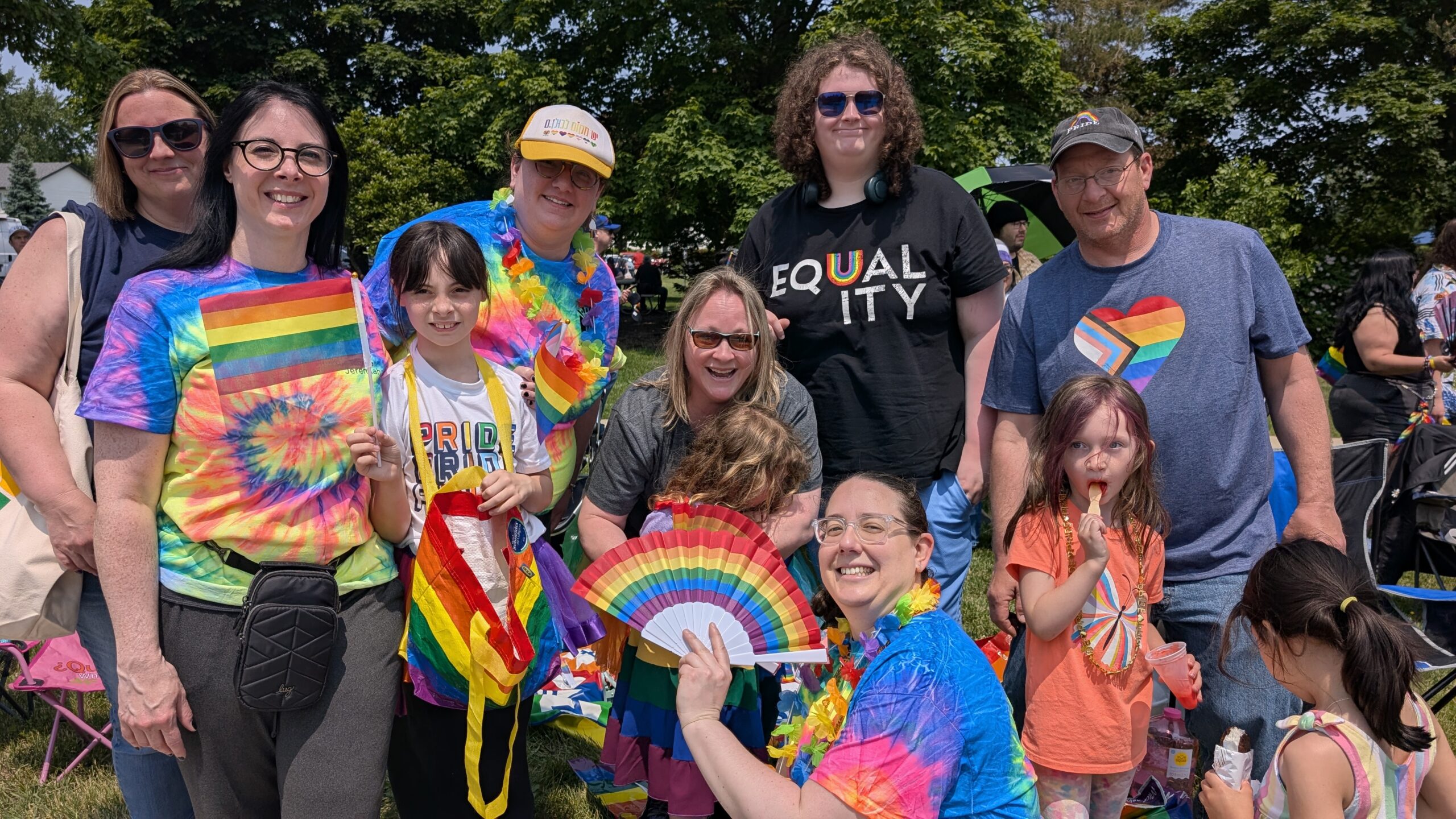In case you're looking for some good Jewish trivia, this week's portion is rich with fun facts and quotable verses. Parashat Naso is the longest parasha in the Torah (176 verses) and includes the famous Birkat Kohanim (Priestly Benediction) often offered at lifecycle celebrations. It also includes the ancient and obsolete ritual of Sotah in an attempt to deal with a woman's accused infidelity as well as a continued census for the clans within the Levites and how they served in the Tent of Meeting.
One of these clans, the Kohathites, are singled out for the metaphorically and physically heaviest tasks: when the Israelites had to pack up and move camps during their 40 years of wandering through the wilderness, the Kohathites were charged with carrying the Mishkan, (the Ark of the Covenant), and the other sacred ritual objects. Through their service, they approached the physical representations of God, closer than any other Israelite that wasn't a priest.
But the Kohathites were not merely sacred schleppers; they were the bearers of the very essence of the Mishkan and all it represented. They carried and delivered God's covenant to and for the community. This task demanded meticulous adherence to divine instruction, a profound sense of reverence, and a constant awareness of the sacred weight they carried. Their every action required awe and attention to detail. For without the Kohathites, the community's access to the sacred would be obstructed.
Today, without the Kohathites or the Mishkan the responsibility for tending to and accessing holiness falls to all of us. Our focus on ethics, spirituality, Tikkun Olam, compassion and education, and an ever-evolving relationship with God are the "holy vessels" that we lift up and bring forth into the contemporary world. Like the Kohathites, we engage with the holiness through a conscious and personal embrace of Judaism's core principles. And with our engagement comes equal levels of responsibility – to bring our values into action and ensure that everyone has access to the sacred.
This responsibility was wonderfully exemplified this past weekend at the Buffalo Grove Pride Parade. In a world that often struggles with acceptance and celebration of LBGTQIA+ people, Reform Judaism and our Temple Jeremiah community have taken on the sacred task of affirming that all individuals are created b'tzelem Elohim, in the image of God. And we are not alone in our commitment to full inclusion of LGBTQ+ individuals in all aspects of Jewish life. To see synagogues and organizations celebrating Pride together is to see the intention to keep Judaism, divinity, and community open and available to all. Our insistence on celebrating Pride and LGBTQ individuals an embodiment of our core Jewish values: welcoming the stranger, pursuing justice, and recognizing the inherent holiness and dignity of every human being. This act of inclusion is a modern "holy vessel," carried forward with intention and awe.
Today the responsibilities of the Kohathites fall to every one of us. Our Judaism emphasizes individual conscience and informed choice. Each Jew, Jewish ally, and member of our community, "shoulders" the responsibility of carrying Judaism forward in a way that is meaningful and authentic to them. Our personal commitments ensure that the holiness of people is rooted in Jewish values that are living, breathing principles to guide our lives.
Every day, every holiday, every Pride month we recommit ourselves to ensuring that the sacred essence of our tradition continues to illuminate and inspire, making the holiness accessible and open to all.

